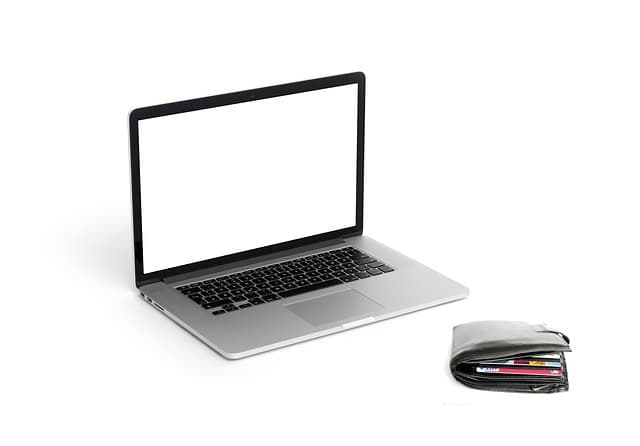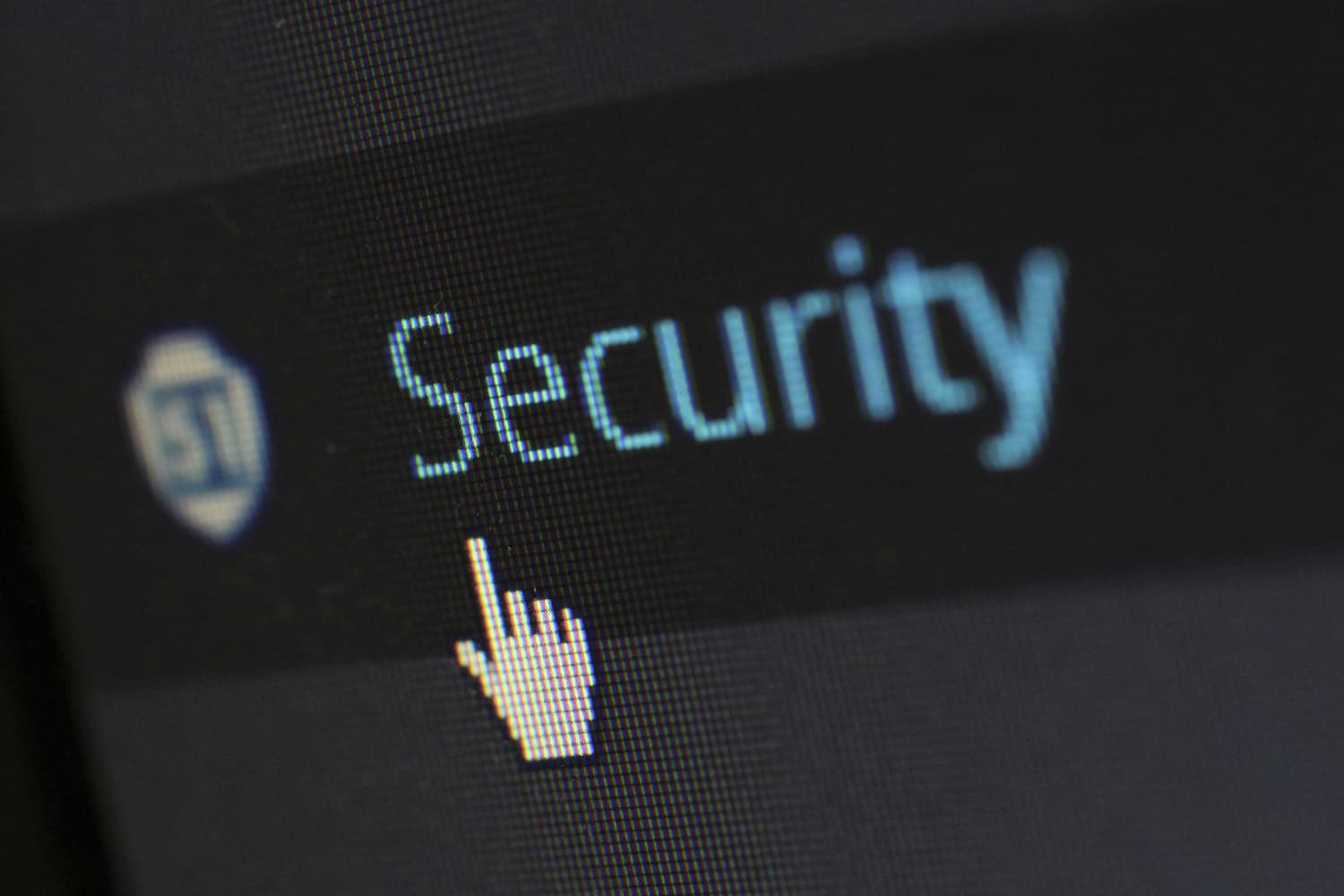We trust digital services with everything: storing our memories, monitoring our health, and accessing our finances. But now that various apps, marketplaces, and streaming platforms have our payment data, there is a fear of them falling into the hands of fraudsters. Here’s what to do to keep your money safe.
Check your accounts regularly
This way you can immediately spot unauthorized transactions, transfers to strangers or organizations. To avoid setting an alarm clock to check card balances, turn on SMS or Push notifications from your online bank.
For online purchases, you can have a separate card and use it for all financial transactions.
Periodically change account passwords
If you use payment services, create unique passwords for each account and update them regularly to prevent someone from hacking your account or leaking personal information. You may use special online services to create passwords: online password generator or your own strong password generator that is built into your device’s software.
Be careful with online transactions
When shopping online, make sure the site or store is secure and the online connection is secure. Indicators of a secure site include a secure URL (beginning with https://), having reviews for the site, and connecting a familiar payment system. Before you make a purchase from a store on Instagram, verify its existence legally. Try not to transfer funds to personal accounts when making such purchases – you always have the right to request a payment receipt from the seller.
Beware of phishing
Don’t open emails with links sent on behalf of the bank, and don’t give out personal information when you receive a call from someone claiming to be from the bank’s security service. You can contact them, as well as learn about all current offers in your personal cabinet of the bank’s application.
Properly dispose of documents
If you throw away documents with your personal or payment information, destroy them beforehand: tear them, cut them up, shred them, or burn them if you want and scatter them in the wind.
Don’t share your bank details in social networks
Don’t send your CVC and card details, even in an encrypted chat room. Above all, don’t send it to strange characters on Tinder who promise you a ticket to Dubai in bad English.
Don’t give out personal information about yourself
Before you share your personal information, make sure it will not be shared.
What should I do if I fall victim to fraud?
If you think you have been a victim of fraud, or you see transactions you didn’t make – contact your bank as soon as possible to block further transactions, refund your money, and investigate.




